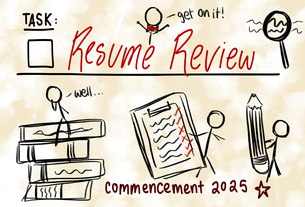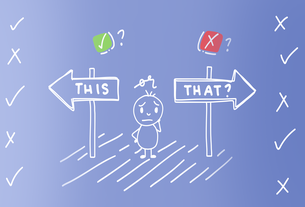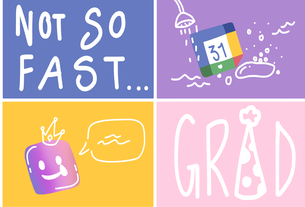Crimson staff writer
Rebecca E.J. Cadenhead
Associate Editor Rebecca E.J. Cadenhead can be reached at rebecca.cadenhead@thecrimson.com.
Latest Content
Steven Pinker and the Fight Over Academia’s Future
Public intellectual and Harvard professor Steven A. Pinker believes that academia needs to be saved from itself. He is prepared to do his part.
Rewriting Our Harvard Admissions Essays
In this series of introspections, six Crimson editors revisit the essays that got them into Harvard.
Trauma Plotting
I wanted to appeal to admissions officers in the way that my classmates were — by writing about our trauma — without really exposing myself.
On Sedentary Life
In the apartment I lived in last spring, time didn’t exist. On weekdays I worked 9 to 5 at a virtual internship, a period of each day spent mostly in bed or at the kitchen table, staring at my computer screen. By the time I emerged to do things of my own volition, daylight had mostly disappeared. Days only felt real on the weekends.
The State of Surveillance in Boston Public Schools
Over the past two years, legal changes have shifted the landscape of policing in Massachusetts. But advocates have yet to see whether the reforms will be enough to disrupt the decades-old, entrenched systems of policing and surveillance they are meant to address — a system that takes for granted that certain children should be seen as threats.
Why Was a Somerville First-Grader Accused of Sexual Assault?
In November 12, 2019, Flavia C. Peréa's six-year-old son was accused of sexual assault. The family has spent over a year trying to get his information out of state and municipal databases associating him with different forms of sexual assault. What, exactly, is going on?
Doris Reina-Landaverde’s Vision of Solidarity
Today, some of Reina-Landaverde’s colleagues call her the most powerful organizer at Harvard. It’s not hard to see why — in addition to working to consolidate union power around the University, she is also the face of one of the most visible immigrants’ rights organizations on campus, the Harvard TPS Coalition, which advocates for workers who hold Temporary Protected Status.
The View Through Christian Cooper's Binoculars
Christian Cooper, who has been intimately involved with movements for social justice his entire life, who has lived 57 years as a Black man in America, has always understood that a Harvard degree and a penchant for birdwatching can’t always protect him. In fact, he would probably view that observation as rather mundane. He would much rather focus on creating a system where he doesn’t need protection in the first place.
What Coronavirus Should Tell Us about How We Eat Meat
The way we eat meat is unsustainable; the pandemic is just making that irresponsibility more obvious.
Stop Scapegoating Food Workers
Essential workers and people of color aren’t vectors of disease; they’re just on the losing end of a deeply unequal system.
During the Pandemic, Who Will Go Hungry?
Hunger in this country is optional; we could eliminate it if we had the will. Ultimately, we should choose to make sure that everyone in this country is fed.
The Cost of Fat-Shaming
A fixation on other people’s weight isn’t just damaging to fat people; it's bad for all of us.
The Toxicity of “Clean” Eating
Disordered dietary habits that lead to restrictive eating — especially ones promoted with colorful, aesthetically-pleasing Instagram posts — can spread like wildfire.
To Do No Harm
In 2008, Eben Alexander, a former Harvard Medical School professor, entered a coma that would change the trajectory of his life forever.
Dinner Table Ethics
I became a vegan because I thought it would be the best way to eat more ethically; it turns out that our food choices are much more complicated.

















